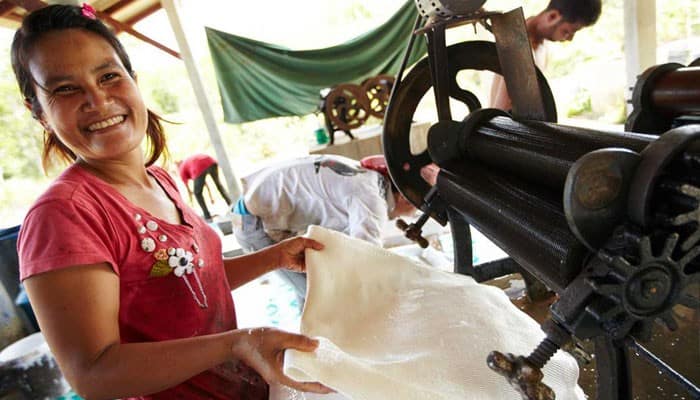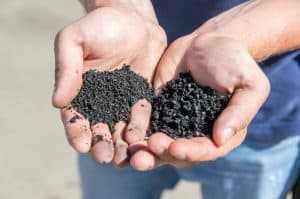A 22-23 January stakeholder workshop in Singapore saw Founding Members of the GPSNR and other stakeholders, align on a multi-stakeholder governance structure that includes a greater share of voting weight for civil society members. “This is a significant development,” said Stefano Savi, GPSNR Director “the model aligned on last week in Singapore comes out of a November 2018 workshop in Geneva – it’s a product of the dedication of all stakeholders to the shared goal of sustainable natural rubber – we’ve seen compromise from all parties, there’s a spirit of cooperation and inclusivity that shows there’s real commitment to make this work.”
The proposed governance structure will be put forward for adoption at the platform’s inaugural General Assembly (GA) planned for 21 March 2019, Singapore, scheduled in conjunction with the World Rubber Summit. Whilst multiple stakeholders have provided valuable input to the development of the platform thus far, governance roles and rights-to-vote are reserved for platform members only.
The platform includes the enrollment of smallholder members amongst its priorities. Despite the challenges associated with recruiting smallholder representatives, the more than 50 GPSNR stakeholders present at the workshop agreed that this critically important stakeholder group should be part of the GPSNR decision making structure. A dedicated working group will be established to coordinate actions to identify and secure adequate smallholder representation.
The workshop also confirmed the need for targeted member-recruitment to bolster the inclusion of rubber processors, NGOs specialized in social aspects relevant to rubber production, as well as non-tire manufacturing rubber makers.
“Agreement on platform governance is excellent progress and means the platform can better focus on the work ahead. We’re all aware of the critical challenges that remain, but there’s a feeling that, together, we can meet those challenges” said Savi, speaking at the close of the two-day workshop.





